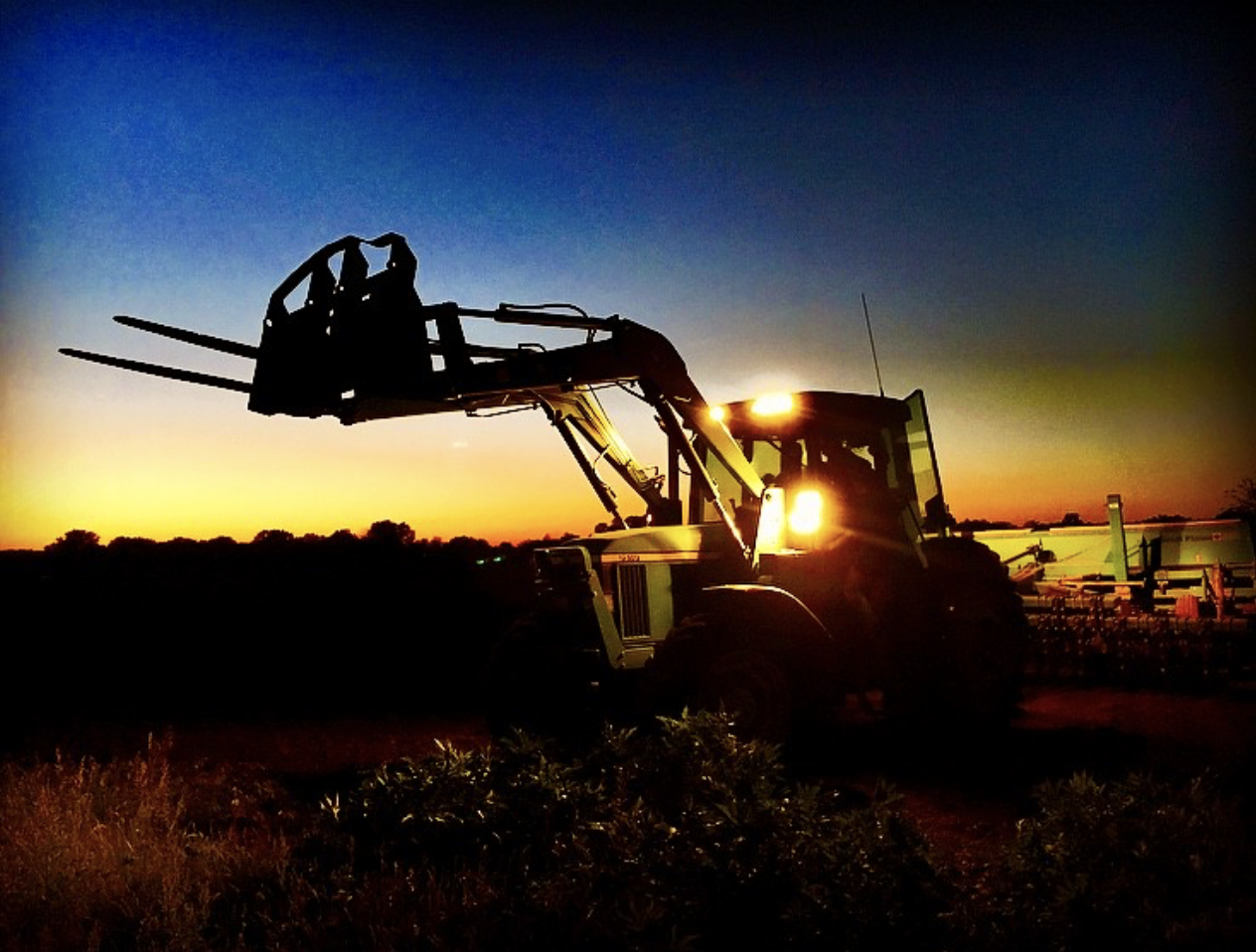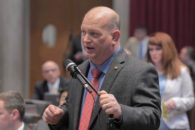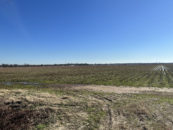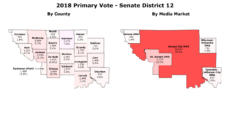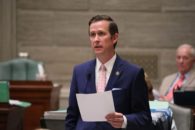JEFFERSON CITY, Mo. — As lawmakers prepare for the 2022 legislative session, agriculture groups are pushing for the creation and renewal of several tax credits and other programs for Missouri farmers.
Several tax credits administered through the Missouri Agriculture and Small Business Development Authority (MASBDA) sunset in December despite an effort in the legislature to extend them through 2027. The credits are directed at new farmers and small producers and will continue to distribute funds until the coffers run dry.
Rep. Greg Sharpe, who sponsored a bill that would have doubled the threshold for the Family Farm Livestock Loan Program to operations making $500,000 or less annually, told the Joint Committee on Agriculture Wednesday these programs and other incentives were vital to maintaining and expanding the state’s largest industry.
“A lot of young people or producers who work in livestock are limited on capital; they’ve probably got more land and labor than they do money, and this has always been a bridge to keep those people going,” Sharpe said. “Many of these programs have been a huge boon to this state and pumped a lot of money into the economy when people try to make their ventures work. … Agriculture will evolve plenty if it has the opportunity to.”
The New Generation credit grants a maximum of $15,000 or half the cash investment into a new facility with 12 members or less. The Meat Processing credit allows 25 percent of taxes paid on expansion or modernization efforts up to $75,000. Finally, the Agricultural Product Utilization Contributor Tax Credit grants an eligible applicant up to 100 percent of a contribution.
The Missouri Farm Bureau, Missouri Soybean Association, Missouri Pork Association, and other agriculture groups appeared before the Joint Committee on Agriculture to testify on legislative proposals for the upcoming session. Missouri Soybean pointed to biodiesel and ethanol fuel incentives in other states while other groups advocated for a Wood Energy Tax Credit (WETC) that lapsed last summer.
As has been the case with many committee hearings during the interim, Wednesday’s discussion turned to broadband access in rural Missouri.
Gov. Mike Parson announced a $400 million investment to come from the federal American Rescue Plan Act (ARPA) last month, purportedly the largest investment Missouri has made into its internet infrastructure. Additionally, the Department of Economic Development (DED) has applied for an additional $56 million from the federal government to support nearly two dozen projects supporting more than 17,000 businesses, residences, and other institutions.
Janie Dunning, a consultant on broadband issues for the Missouri Farm Bureau, said internet access was one of the largest barriers for the industry and the state as a whole and encouraged lawmakers to appropriate funds for the right areas.
“Missouri is lagging behind; we don’t have what we need as far as broadband, that came out very clear with the pandemic,” Dunning said. “There needs to be accountability with these providers to make sure funds are going where they’re supposed to. If you do not have adequate speeds that are uninterrupted and prices that customers can afford, you do not have broadband.”
Eminent domain concerns over the interstate Grain Belt Express transmission line were also brought up during the committee. The legislature and Republican leadership backed legislation that would have required local governments to approve merchant lines to pass through their communities, but the measure failed to cross the finish line during session. The project has been the subject of several complaints with the Public Service Commission — though they’ve all been dismissed.
The committee is set to compile a report on its recommendations by the end of the year.

Cameron Gerber studied journalism at Lincoln University. Prior to Lincoln, he earned an associate’s degree from State Fair Community College. Cameron is a native of Eldon, Missouri.
Contact Cameron at cameron@themissouritimes.com.

